
July is Australia’s coldest month. In the middle of winter, it is a time for meditation and reflection. In the Northern Hemisphere however, July is their warmest month, and it signifies the height of summer.
We’ve looked all over the globe for our best picks of July dates to celebrate and commemorate from our cultural calendar. Ranging from Japan’s Star Festival to NAIDOC Week and Bastille Day, get ready to discover global festivals and celebrations to enjoy in July.
July Morning Festival
1st July
In Bulgaria, July Morning is an annual festival celebrated the night before and on July 1st. Although the tradition is unique to Bulgaria, it is not universally celebrated by the entire country.
On this day, people gather on the country’s Black Sea coast to welcome the sunrise of a new day, month and summer season. The festival originated in the 1970s as a symbol of freedom and rebellious youth, but now, participants light fires, play music and jump over the flames, embracing the spirit of renewal and new beginnings. It is this blend of cultural celebration, communal gathering and music festival that draws both locals and tourists to the picturesque coastal locations.
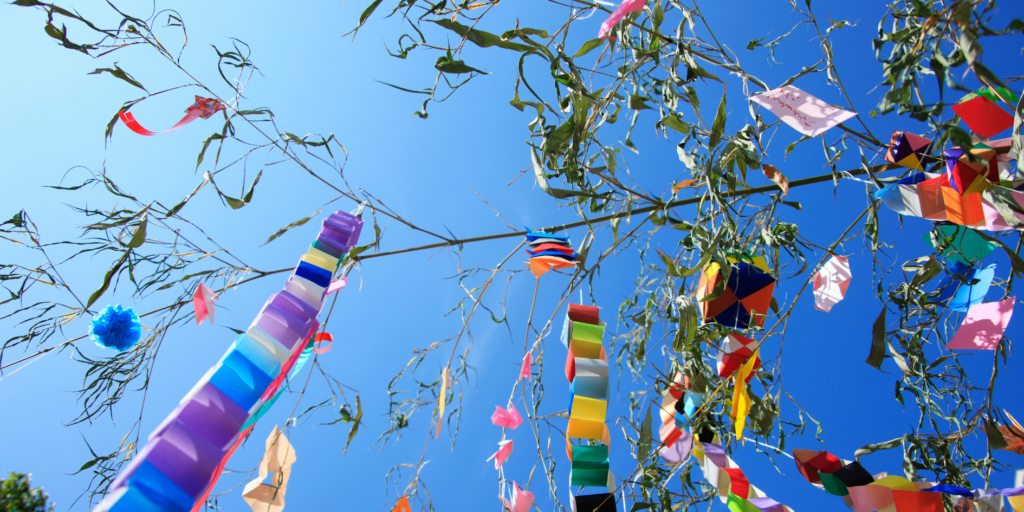
Star Festival
7th July
Tanabata, also known as the Star Festival, is a Japanese celebration that takes place on July 7th or August 7th, depending on the region. Originating from a Chinese legend, it celebrates the meeting of the deities Orihime and Hikoboshi, represented by the stars Vega and Altair, who are allowed to meet only once a year on this day. During Tanabata, people write wishes on colorful strips of paper called tanzaku and hang them on bamboo branches. Festivities include parades, traditional decorations and performances, making it a joyful and vibrant occasion symbolising love, wishes and the beauty of the night sky.
Celebrate Japanese culture with our Japanese Infusion educational program (available face-to-face in New South Wales), bringing Japanese culture to life using songs, games and storytelling to teach children about the culture, traditions, seasons and celebrations of Japan. Our Japanese Calligraphy or Japanese Ink Painting educational programs, led by award-winning artist Junko, are also other ways to learn about Japanese culture. In these educational programs, student learn different types of brush techniques and touch on Japanese history and origins. Both programs are available in Victoria.
We also offer Taiko Drumming in Victoria, New South Wales and Queensland, which is a traditional and original Japanese music program that combines spectacular performances with interactive workshops. This educational workshop allows students to be introduced to Japanese culture through music and language.
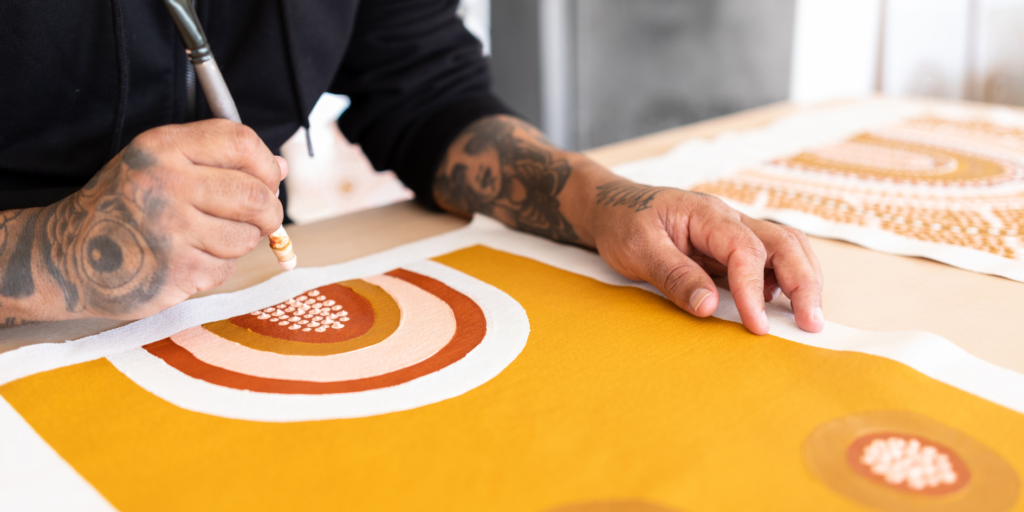
NAIDOC Week
7th July – 14th July
NAIDOC Week is an annual celebration in Australia that honors the history, culture and achievements of Aboriginal and Torres Strait Islander peoples. It stands for National Aborigines’ and Islanders’ Day Observance Committee. NAIDOC Week typically features various events such as cultural performances, art exhibitions, workshops and community gatherings. The week provides an opportunity for all Australians to learn about and acknowledge the rich heritage and contributions of Aboriginal communities. It also serves as a platform to address issues faced by First Nations peoples and promote reconciliation and understanding among all Australians.
This year in 2024, the theme of NAIDOC Week is ‘Keep the Fire Burning! Blak, Loud and Proud’. The term ‘blak’ is a reclaimed word used by Indigenous Australians to assert their cultural identity and solidarity, stripping away the pejorative undertones often associated with ‘black’. ‘Blak’ is not just a word, but a declaration of resilience, pride and ongoing resistance against colonisation and its lingering effects. The term serves as a reminder of the strength and vitality of Indigenous cultures, as well as the significance of preserving heritage, language and identity for the future generations to come.
As we observe NAIDOC Week, let us take the time to engage in the stories and cultures of our First Nations presenters in our Aboriginal Infusion educational program (available in Victoria, Queensland, and New South Wales) and our Aboriginal Culture For A Day program (available in Victoria). Let us acknowledge the resilience and strength of Aboriginal and Torres Strait Islander cultures and learn through dance, symbolic art, didgeridoo and a wide range of other engaging activities.
Students can also learn traditional Aboriginal symbols from our First Nations presenters in our Aboriginal Storytelling Through Art educational program, available in Victoria, Queensland and New South Wales. This unique experience will give students the opportunity to create and share their own stories and is a perfect intercultural experience for any age! Aboriginal Storytelling and Artefacts available in New South Wales, Australia Capital Territory and Western Australia on the other hand, combines storytelling with an introduction to the history of Aboriginal tools and artefacts. Students will get to immerse themselves in Aboriginal culture throughout this program by acting out stories and engaging with cultural artefacts.
Nevertheless, it is vital to keep the fire burning, not just during NAIDOC Week, but in our everyday actions and interactions as it is important for us to continue learning and engaging with Aboriginal culture and history on an ongoing basis.
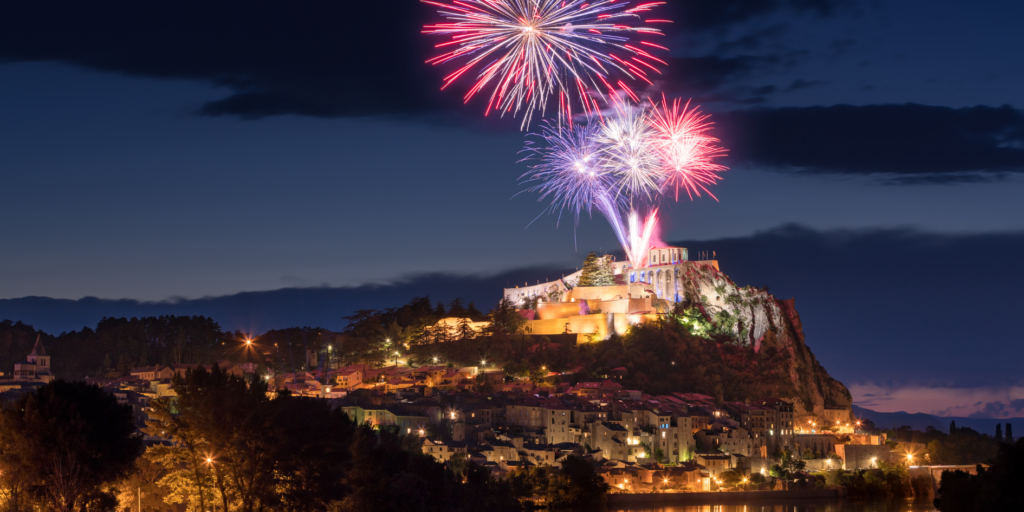
Bastille Day
14th July
Bastille Day is a significant festival and holiday in France that marks the anniversary of the storming of the Bastille prison in 1789, a symbolic act that ignited the French Revolution. This event was a pivotal moment in French history, signaling the start of the struggle against the monarchy’s absolute power and the fight for freedom, equality and solidarity.
Today, Bastille Day is celebrated with great fervor across France with festivities such as military parades, firework displays and communal gatherings. The iconic parade along the Champs-Élysées in Paris showcases France’s military might and cultural diversity, while smaller towns and villages hold their own festivities, featuring local traditions and cuisine.
Cultural Infusion provides a variety of skilled French presenters to assist schools throughout Australia in celebrating Bastille Day. Our Man of a Million Faces and Mime Magnifique! educational programs by renowned international entertainer, Chris, offer students the chance to join interactive and engaging workshops exploring French history and culture. These two programs, available in Victoria, teach students about French theatre life, including magic, mime art and Commedia dell’arte.
In terms of music, we also offer our Classic French Music educational program in New South Wales where our presenters play music from legendary French artists and contextualise the music to students by introducing the lyrics, instruments and cultural context. In Queensland, Les Chansons Françaises with Pauline gives students the opportunity to learn stories of her Parisienne childhood in an interactive vocal session with songs that explore intercultural understanding. Students will hear and speak French throughout the program and end the session learning to waltz!
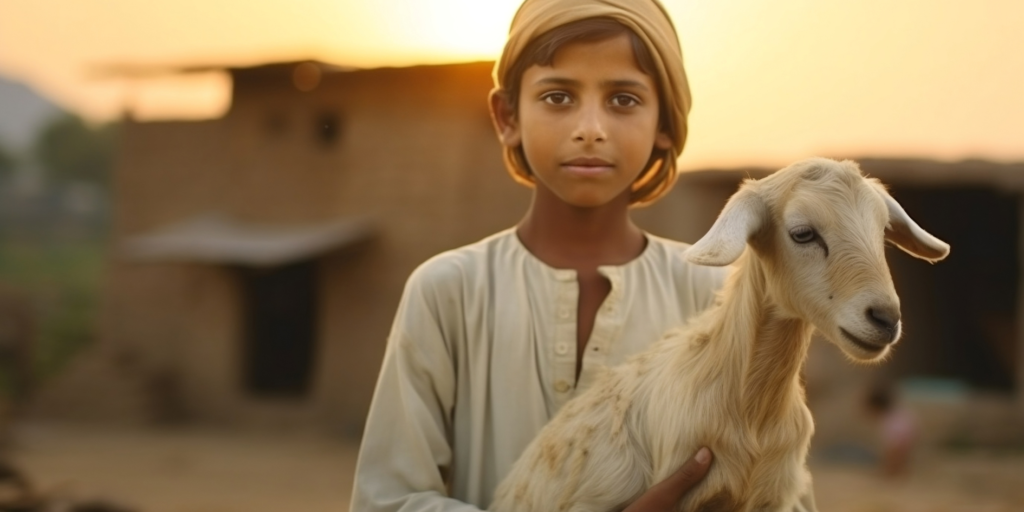
Eid Al-Adha
16th July – 20th July
Eid Al-Adha, also known as the Festival of Sacrifice, is one of the most significant Islamic holidays celebrated worldwide. It honours the willingness of Ibrahim (Abraham in Christianity and Judaism) to sacrifice his son Ismail (Ishmael) as an act of obedience to God’s command. However, before he could carry out the act, God provided a ram to sacrifice instead.
During Eid Al-Adha, Muslims commemorate this story by sacrificing an animal, typically a sheep, goat, cow or camel, and sharing the meat with family, friends as well as the less fortunate. The festival also marks the end of the Hajj pilgrimage to Mecca. It is a time for prayer, reflection and spending time with loved ones, emphasising the values of sacrifice, charity and community solidarity in the Islamic faith.
Nelson Mandela Day
18th July
Nelson Mandela Day, celebrated annually on his birthday, is a date to raise awareness of the life and legacy of a man who shaped both the 20th and 21st centuries. It is a time for everyone to rediscover the principles that motivated Nelson Mandela, a deep commitment to justice, human rights and fundamental freedoms. Nelson Mandela was a fierce advocate for equality and the founding father of peace in South Africa.
Nelson Mandela demonstrates to us the power of resisting oppression, of justice over inequality, of dignity over humiliation, and forgiveness over hatred. Let us keep in mind Nelson Mandela’s life lessons and the fundamental humanism that shaped him: “For to be free is not merely to cast off one’s chains, but to live in a way that respects and enhances the freedom of others.”
As also said by Nelson Mandela during the Rivonia Trial in 1964, “I have cherished the ideal of a democratic and free society in which all persons live together in harmony and with equal opportunities. It is an ideal which I hope to live for and to achieve. But if needs be, it is an ideal for which I am prepared to die.” His beliefs are in line with Cultural Infusion’s goals in building cultural harmony and wellbeing.
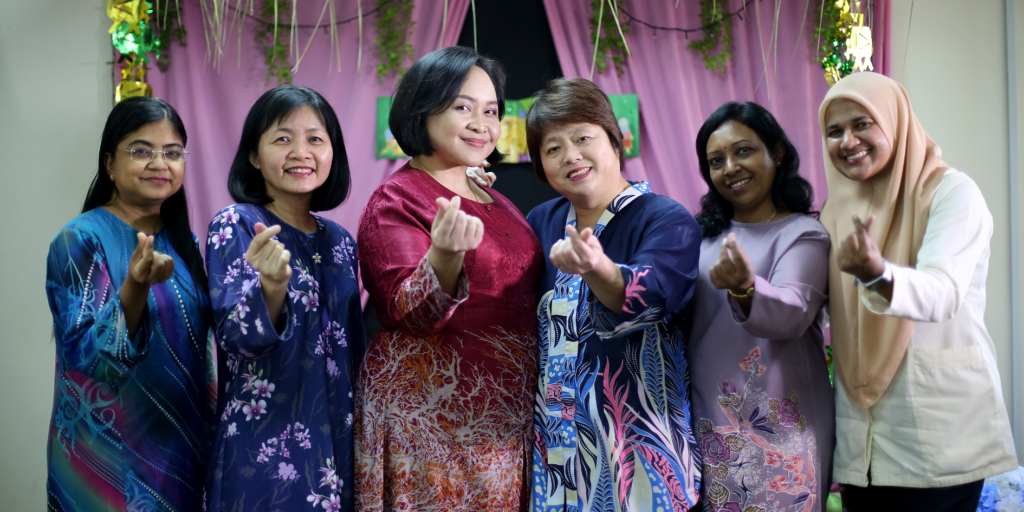
Racial Harmony Day
21st July
In Singapore, Racial Harmony Day is observed annually on July 21st to commemorate the importance of racial and religious harmony in the country. It marks the anniversary of the 1964 racial riots, a dark period in Singapore’s history.
The day is dedicated to promoting understanding, respect and unity among Singapore’s diverse ethnic and religious communities. Schools, workplaces and communities organise various activities such as cultural performances or sharing sessions to foster mutual respect and appreciation for Singapore’s multicultural fabric. Racial Harmony Day serves as a reminder of the nation’s commitment to building a harmonious and inclusive society, where people of different backgrounds can live and thrive together in peace.
Explore our cultural education programs which celebrate and share appreciation of practices and traditions across diverse cultures!
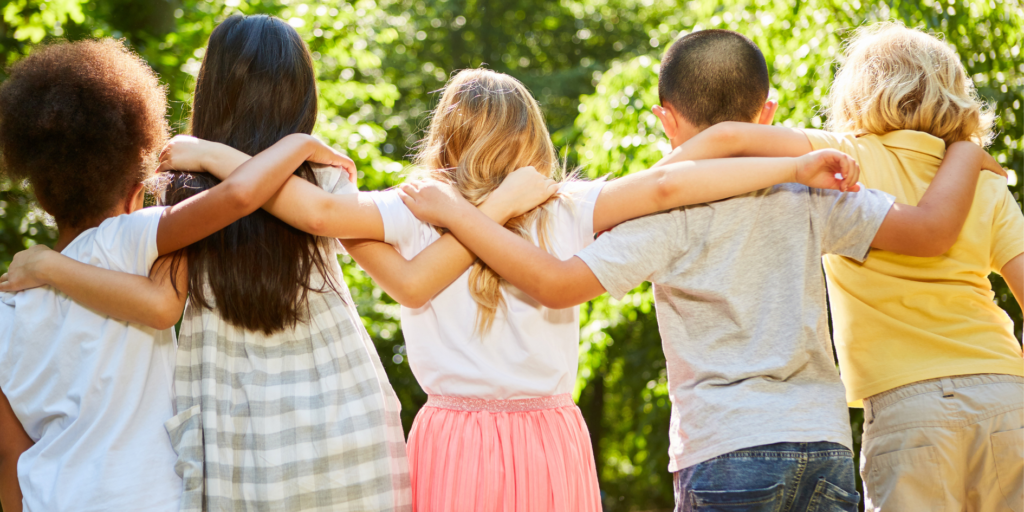
International Friendship Day
30th July
International Friendship Day is a global observance dedicated to promoting friendship and camaraderie among people from all walks of life. The day serves as a reminder of the importance of fostering friendships, both old and new, and cultivating understanding and goodwill across cultures and borders. It’s a time to appreciate the meaningful connections we have with others and to reach out to friends, near and far, to show gratitude and solidarity.
International Friendship Day encourages acts of kindness, reconciliation and bridge-building, emphasising the universal value of friendship in creating a more peaceful and harmonious world.
To celebrate this day, choosing to participate in our cultural education programs which use cultural and artistic expression as a means of promoting social cohesion will allow students to forge strong bonds with each other. This will further help them create friendships based on mutual understanding and respect.
Book your July celebrations now!
Enquire about our cultural education programs available Australia-wide to celebrate important dates for the month of July.
Stay tuned for next month to learn the cultural dates to celebrate in August!
Share this Post

